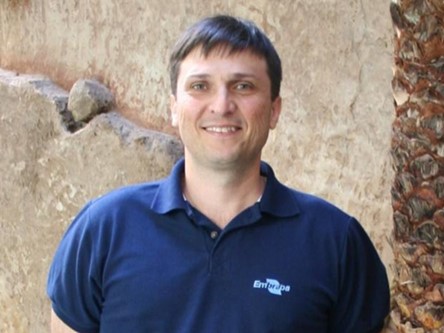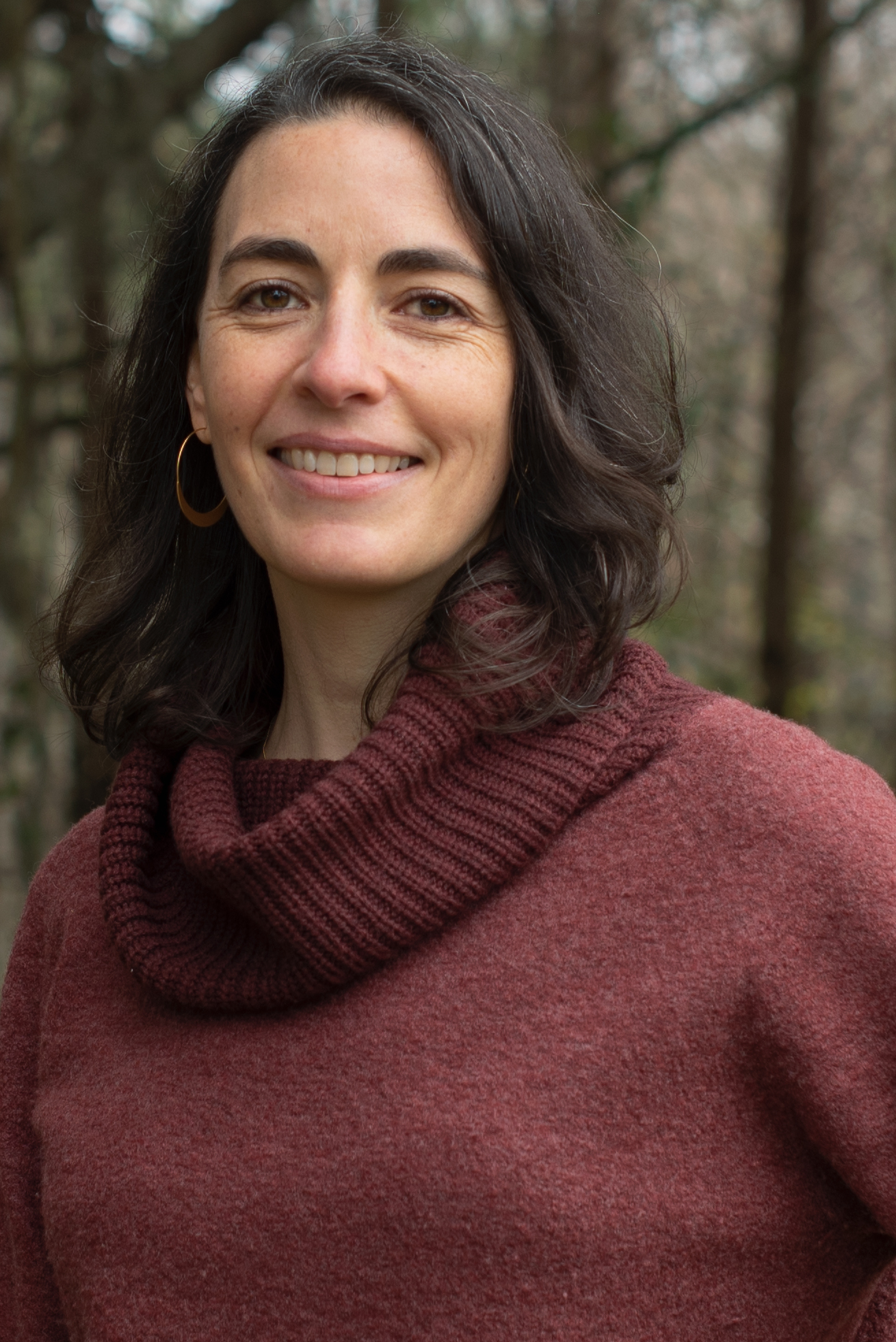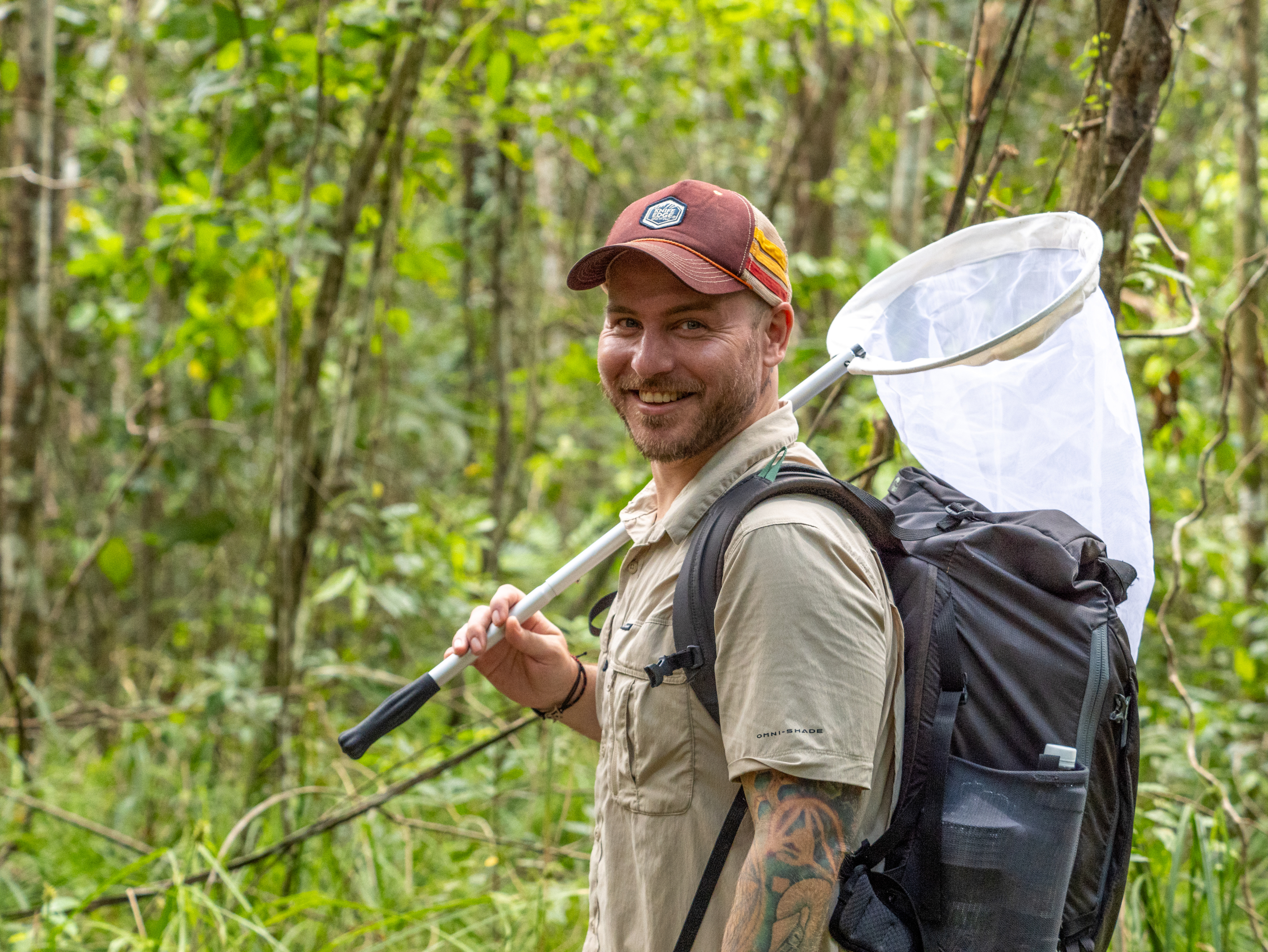Program Chair: Wyatt Hoback, Oklahoma State University
Teaching and outreach are critical components of promoting entomology and advancing public understanding of the field. Entomology, the study of insects, is central to many areas of science, including agriculture, ecology, medicine, and biodiversity conservation. Teaching and outreach are essential for promoting entomology because they bridge the gap between scientific research and public knowledge. By educating people about the importance of insects, entomologists can cultivate a more informed, engaged, and environmentally conscious society. Through these efforts, we not only foster scientific curiosity and career development in entomology but also encourage sustainable practices that benefit both human populations and the natural world. This symposium will compare entomology instruction in various parts of the world while providing insights and opportunities for comparison and collaboration.
Plenary Speakers
Adeney de Freitas Bueno,
Embrapa Soybean
Adeney de Freitas Bueno has a degree in Agricultural Engineering from the Manoel Carlos Gonçalves School of Agronomy - UNIPINHAL (1998), a master's degree in Agricultural Entomology from the São Paulo State University Júlio de Mesquita Filho (UNESP/Jaboticabal, SP) (2001) and a PhD in Entomology from the University of São Paulo (USP/Ribeirão Preto, SP) (2004). He was a Fulbright exchange student during 2003 at the University of Nebraska, USA. He has been working as a researcher in entomology at Embrapa Soja since 2006, where he also served as Head of Research and Development of his Research Center for 2 years between 2022 and 2024. Adeney de Freitas Bueno is a CNPq 1D research productivity fellow and associate editor of the scientific journals Entomologia Generalis, CABI Agriculture and Biosciences Journal, and Neotropical Entomology. He also works as a professor-advisor for master's and doctoral programs in the postgraduate programs in Entomology at the Federal University of Paraná (UFPR) and Agronomy at the State University of Londrina. He chaired the XVI Symposium on Biological Control (Siconbiol) in Londrina, Paraná, in 2019 with 800 participants and the IX Brazilian Congress of Soybean and Mercosoja that was held in 2022 in Foz do Iguaçu with 1800 participants.
Can commodity crops have a sustainable production? The Brazilian soybean example
Agriculture is the most important human activity to produce food for an increasing global population that is expected to reach 10 billion by 2050. To protect such important source of food from outbreaks of pests, the control strategy mostly adopted by famers are still based on the application of traditional chemical insecticides. However, food production must be performed with environmental preservation. The overuse of chemicals to control pests shows several side-effects. Therefore, one of the essential strategies to accomplish this sustainable agriculture, fostering equitable, secure, sufficient, and stable flows of both food and ecosystem services is by the adoption of integrated pest management (IPM). IPM is based upon the principle that some degree of plant injury is tolerable without requiring pest control. In addition, when necessary, the most environment-friendly pest control tools should be combined in order to have a longer lasting pest solution. Those tools include biological control, transgenic plants, among others, triggering environmental, economic, and social benefits. IPM is crucial to the success of agriculture and economically and environmentally advantageous even for commodities crops such as soybean, cultivated over large areas. Thus, this lecture will describe current management strategies adopted in soybean fields in Brazil and the consequent beneficial results obtained and then, discuss benefits and perspectives of adopting soybean-IPM from ecological and financial standpoints.
Muhammad Irfan Ullah,
Department of Entomology, University of Sargodha
Dr. Muhammad Irfan Ullah, an entomologist, holds the chairmanship of the Department of Entomology at the University of Sargodha. He earned his Ph.D. in Entomology from the University of Nebraska-Lincoln in 2012 and his M.Sc. (Hons.) in Entomology from the University of Agriculture, Faisalabad, Pakistan, in 2003.
Dr. Irfan began his career as an Assistant Research Officer at the Orange Research Institute from 2005 to 2007. He joined the University of Sargodha as a Lecturer in 2008 and progressed to Assistant Professor, Associate Professor, and finally Professor in 2023.
His research focuses on insect-plant interactions, applied insect ecology, citrus entomology, and insect stress biology. Dr. Irfan has published in reputable journals and has significantly contributed to developing the entomology program at the University of Sargodha.
Teaching Beyond Boundaries: Formal and Informal Mentorship in Entomology
Mentorship in Entomology requires much more than formal teaching approaches to inspire and prepare the next generation of entomologists, hence demanding an engaging mix between formal teaching and informal engagement. In this presentation, I will share my experiences as a professor and head of the Department at the University of Sargodha, Pakistan, while teaching and mentoring students within a resource-constrained but ecologically rich environment.
It will discuss the framework and delivery of formal Entomology education, emphasizing curriculum design approaches, active teaching methodologies, and assessment. I will further emphasize the role that informal mentorship—including field training, research guidance, and community engagement—plays in bridging the gap between theoretical knowledge and practical application. The activities, such as insect collection, research in pest management, and public outreach, have prepared these students to gain technical experiences with added benefits in leadership, communication, and problem-solving skills.
I will attempt to present challenges of teaching Entomology in Pakistan, such as resource constraints and diverse learner needs, and strategies needed to overcome such barriers. We have to combine formal instruction with rich mentorship that eventually would raise critical thinkers and skilled practitioners who could work at the local and global levels on issues related to Entomology.
It tries to motivate the educators by giving them an opportunity to be a part of this 'holistic' teaching methodology, whereby structured learning models along with experiences shall bring forth the next generation of entomologists.
Andrea Lucky,
University of Florida
I am an evolutionary biologist and biodiversity scientist with a focus on insects and invasion, and my training is specifically in the evolution of ants. The tools I use range from insect morphology to molecular genetics to phylogenetic statistics to micro-CT scanning. These tools allow me to answer questions about the relationships among different species of ants and the timing of diversification that have led to the distribution patterns we see today. In addition to my research interests, a major goal of my work is to make science accessible and available to the general public, particularly to make the process of ‘doing’ science accessible to non-scientists.
Measuring entomology literacy with the EntoEdu international survey instrument
In an era of precipitous insect declines, effective entomology education is especially needed to support firsthand knowledge of nature. Understanding what students know and feel about insects is instrumental to teaching and curriculum development. A new survey instrument, EntoEdu, measures ‘entomology literacy’, based on attitude and knowledge, can help tailor educational programs to student needs. The survey addresses three main questions: how do entomology attitude and knowledge differ across 1) national affiliation and 2) study domain, and 3) how are entomology attitude and knowledge correlated in the context of these differences? The EntoEdu instrument was developed for broad utility in assessing attitudes towards and knowledge of insects at the post-secondary level, with potential for use at both lower (K-12) and higher (advanced university) levels. The survey can be translated into additional languages for comparison of results across additional test populations. The survey instrument was validated using data collected from 1st year students in Czechia (CZ), a country known for its entomophilia, and in Florida, USA. Based on responses from 635 first-year college students, we demonstrate high reliability and evidence of validity of the EntoEdu instrument. Factor analysis supports five independent attitudinal categories within the instrument: Intention to Engage with Insects, Attitude toward Behavior, Control Belief, Hobby, and Disgust. In this study population, average attitude scores did not differ with nationality, whereas knowledge scores were higher in CZ than in the US. In both countries, attitude and knowledge scores were higher among biology students than those in other study domains, and attitude and knowledge were positively correlated. This instrument is designed to be used in in a cross-cultural context, to compare different groups and to track changes in attitude and knowledge over time.
Jace Porter,
Global Entomology Coalition
Jace Porter is an informal entomology educator and invertebrate conservation and research advocate dedicated to changing the way the world sees insects. He is the founder of the Global Entomology Coalition (GEC), where he runs the Expedition Entomology program; an initiative that brings adventure travelers and citizen scientists to remote field stations for hands-on insect research and conservation projects. His innovative approach to entomological outreach earned him the Entomological Society of America’s runner up Science Communication Award in 2024, and his expertise spans everything from live insect exhibits to large-scale outreach initiatives
Using unique entomo-travel experiences as a tool to generate excitement and support for research and conservation.
Invertebrates are an untapped source of excitement, offering unique opportunities to create engaging, adventure-filled experiences that inspire passion for conservation and research. By highlighting the thrilling aspects of field science—exploring uncharted ecosystems, encountering diverse and/or undocumented species, and living out the romanticized life of a researcher—we can captivate the public's imagination. Immersive experiences allow people to step into the shoes of a field scientist, fostering a deep, personal connection to the natural world. As participants discover the crucial role invertebrates play in maintaining biodiversity, they are empowered to support research and conservation efforts in a way that feels adventurous, meaningful, and unforgettable - and bring that new found passion home to their daily lives